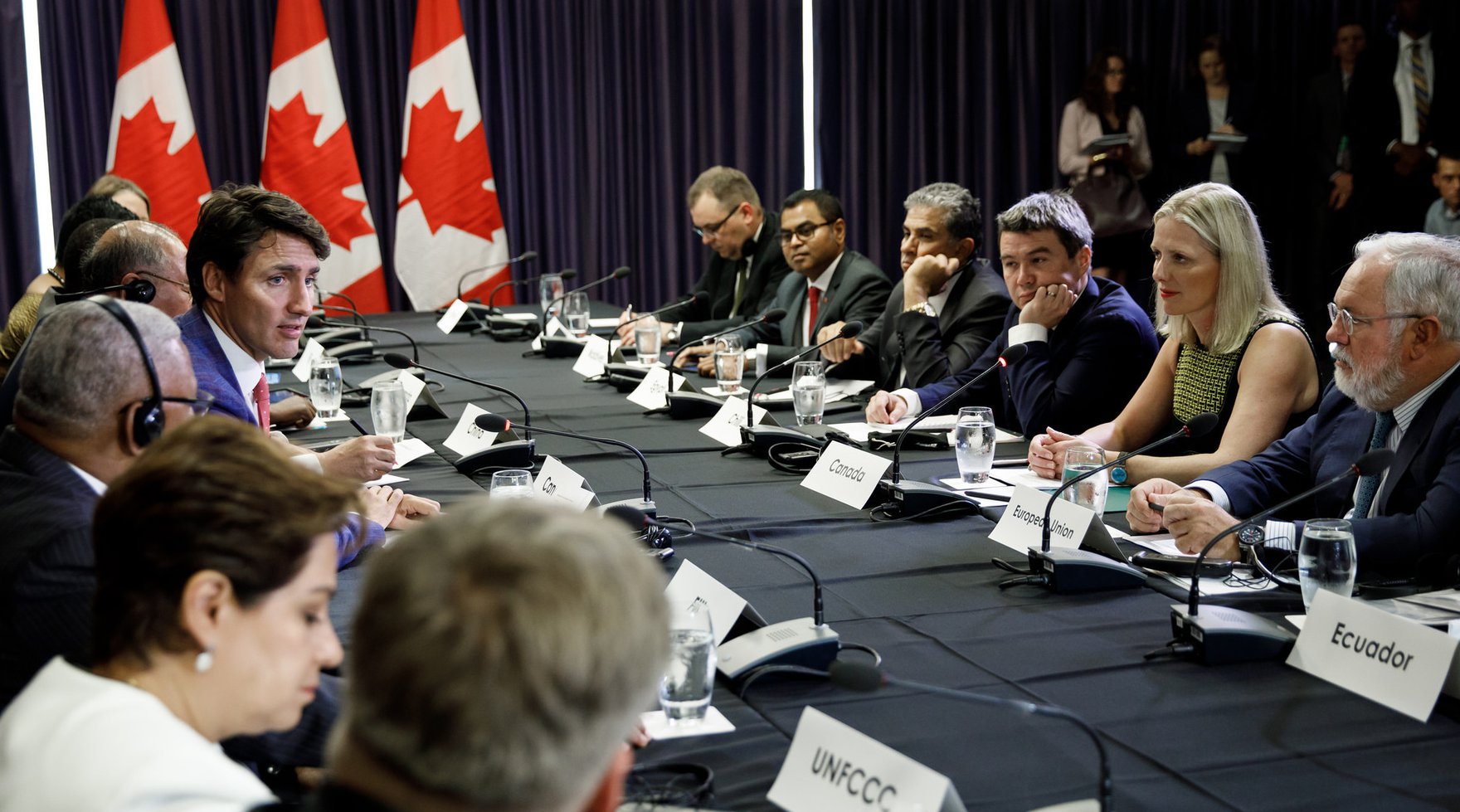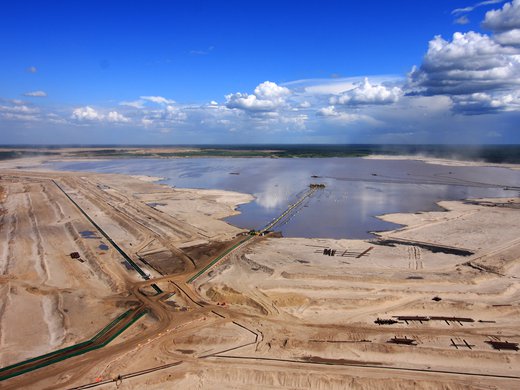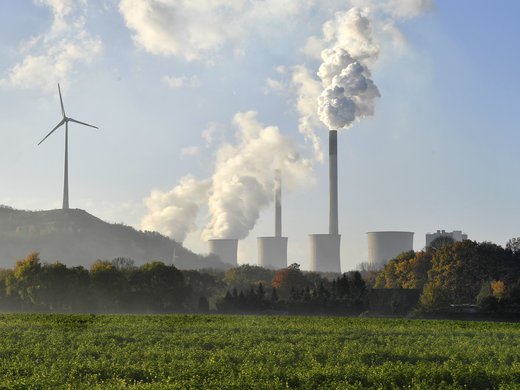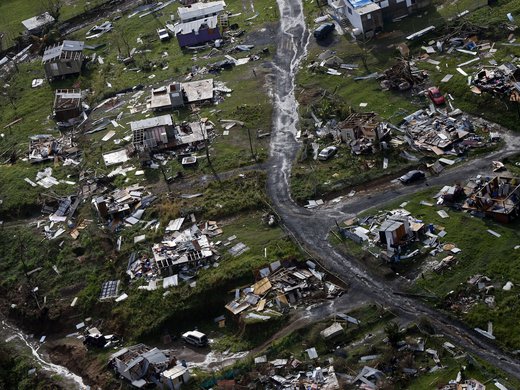Canada’s environment minister tabled sweeping legislation last week to overhaul the National Energy Board (NEB), the agency responsible for regulating pipelines and other major energy projects in the country.
The 341-page omnibus bill, Bill C-69, if passed, will replace the NEB with two new bodies: the Impact Assessment Agency of Canada, which will lead reviews of all major projects, and the Canadian Energy Regulator, which will oversee projects that become operational. The legislation will also replace the Canadian Environmental Assessment Act with the Impact Assessment Act; amend the Navigation Protection Act, renaming it the Canadian Navigable Waters Act; and amend parts of the Fisheries Act.
The overhaul is branded as both a means of speeding up the notoriously slow assessment process that garnered much criticism from pro-development proponents, and a way to more carefully evaluate the long-term social and environmental impacts of these projects.
“We believe we’ve built a much better system,” said Minister of Environment and Climate Change Catherine McKenna, in a press conference announcing the bill. “We need to show the world that we will protect the environment, and that we will attract investment.”
Although the recent Liberal bill will impact all major energy projects, most of the reaction has been focused on the country’s oil and gas sector. The NEB’s storied history of pipeline approvals and claw-backs is behind that focus.
As part of his 2015 federal election platform, Prime Minister Trudeau promised to “put some teeth” back into the NEB. The board had become widely viewed as a rubber-stamping agency for former Prime Minister Stephen Harper’s proudly pro-oil government.
Harper’s massive 2012 budget bill included amendments that weakened environmental protection laws and narrowed the scope of the environmental assessment process. The NEB’s review process was given an 18-month time limit to conduct public reviews, and it limited stakeholders to only those directly affected by the project — those concerned with carbon emissions, for example, were excluded.
The impact of these changes was laid bare with the NEB’s bungling of the Northern Gateway pipeline, a proposed 1,177 km pipeline that would carry diluted bitumen from the Alberta oil sands to the central British Columbian coast, where it would be shipped via tankers to Asian markets. It would have been an unprecedented industrial project in a robust marine ecosystem. The board approved it in 2014 despite widespread protests from Indigenous nations claiming that they had been effectively excluded from consultation and the public review process.
Eight coastal First Nations filed applications for judicial review to overturn the decision, and in June 2016, the Federal Court of Appeal ruled in their favour, finding that the NEB neglected to discuss subjects of importance to First Nations by ignoring many of the project’s impacts and offered a “brief, hurried and inadequate” opportunity for consultation. The court ruled that a proper consultation was required before the project could be approved, and later that year, Prime Minister Justin Trudeau announced his government would never approve Northern Gateway.
Moving from promise to legislative action on NEB reform has taken half of the Liberal’s term and more than a year of consultations. Since the bill was tabled last week, it’s been met with cautious optimism from major environmental groups and petroleum producers alike. The uncertainty isn’t unwarranted.
In terms of streamlining the approval process, the regulations will tighten timelines for reviewing projects to within 300 days for smaller projects and 600 days for major projects. It will also broaden the scope of the regulator to consider impacts on not only the environment but also social issues, health, Indigenous rights and titles, economies, employment, and gender equity.
It’s not clear by what methods or measures the Impact Assessment Agency will consider these factors. And much like the old regime that the Liberal party once criticized, the minister and Cabinet will still have ministerial discretion, giving them the final say on whether a project is assessed or not.
One of the key differences between the existing regulations and what’s being proposed now is that the Impact Assessment Agency must consider downstream and upstream environmental impacts — including greenhouse gas emissions. Last year, before the bill was tabled, the Liberals announced greenhouse gas emissions had to be considered in the evaluation of TransCanada’s Energy East pipeline, a move that the company declared had forced it to halt the project.
While this move has been welcomed by environmental groups, in the wake of the announcement, the Canadian Energy Pipeline Association said that “individual project reviews are not the appropriate place to resolve broad policy issues, such as climate change,” and that including this in the legislation “adds a new element of subjectivity that could continue to politicize the assessment process.”
There’s also the matter of the politicization of the board itself. In August 2016, an investigation by the National Observer uncovered that members of the NEB, which was at the time reviewing the Energy East pipeline, met in early 2015 with former Quebec Premier Jean Charest, who was acting as a paid lobbyist for TransCanada. Days after the report was made public, hearings for Energy East were shut down and delayed by protestors. The Liberals replaced the board members and restarted the review process in January 2017, before the project was ultimately killed.
All these changes will have little impact on Kinder Morgan’s Trans Mountain pipeline, a major pipeline that was approved by the Liberal government before the legislation was tabled. McKenna assured reporters that TransMountain would have been approved anyway under the new system, it’s clear the pipeline is not going ahead without a fight. In 2016, several First Nations filed lawsuits in the Federal Court of Appeal to stop the project, citing concerns over contamination of drinking water aquifers and a flawed federal consultation process. Opposition to the project from the British Columbia government has sparked a trade dispute between that province and Alberta.
It’s hard to overstate the significance of the oil and gas sector to Alberta, and to Canada as a whole. The country has historically prospered from this natural resource development, and the question of whether Canada can continue to do so in an era of climate change and peak fossil fuel is ultimately at the centre of this regulatory overhaul.
Robin MacLachlan, vice president of the government relations firm Summa Strategies and a frequent public commentator, said he “took a lot of heat” for suggesting recently on a nationally broadcast panel discussion that the Trans Mountain pipeline might be the last pipeline approved in Canada, at least by this Liberal government.
“I think it’s quite reasonable to think that given shifting economic interests and shifting social and environmental interests and opinions in Canada that we may not see other pipeline projects built,” he told CIGI. “I’m not saying we’re seeing the end of the use of oil anytime soon, but in terms of the growth of consumption of oil, we’re getting close to that peak, when you have countries like China and India and Saudi Arabia looking to shift to renewables and solar energy.”
MacLachlan said that the Liberal decision to approve at least one pipeline before passing this legislation is “a little bit suspect,” and that it speaks to the precarious “public policy balancing act” of trying to reconcile energy development with progressive climate change action.
“I think the devil is in the details,” added MacLachlan. “We really do have to watch how Parliament scrutinizes this bill and how open government is to amending it.”



